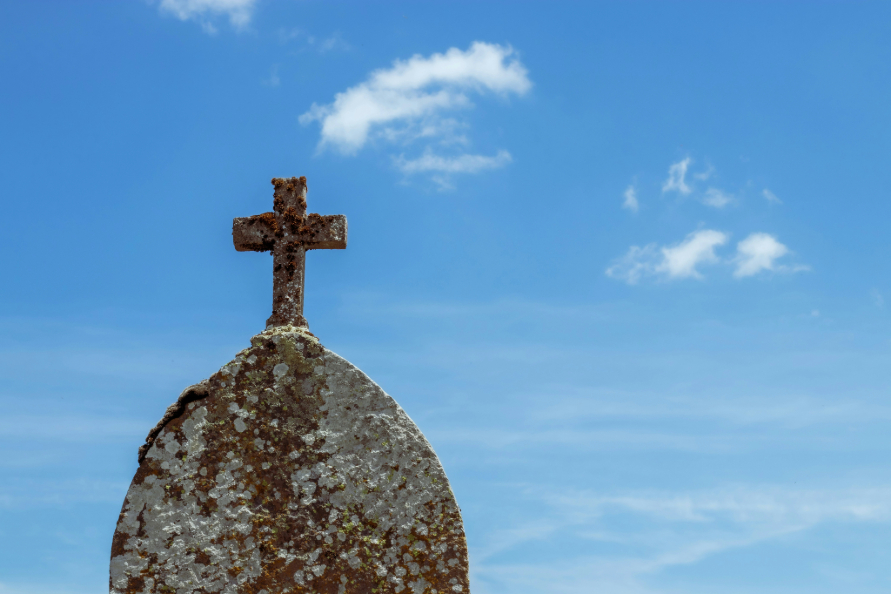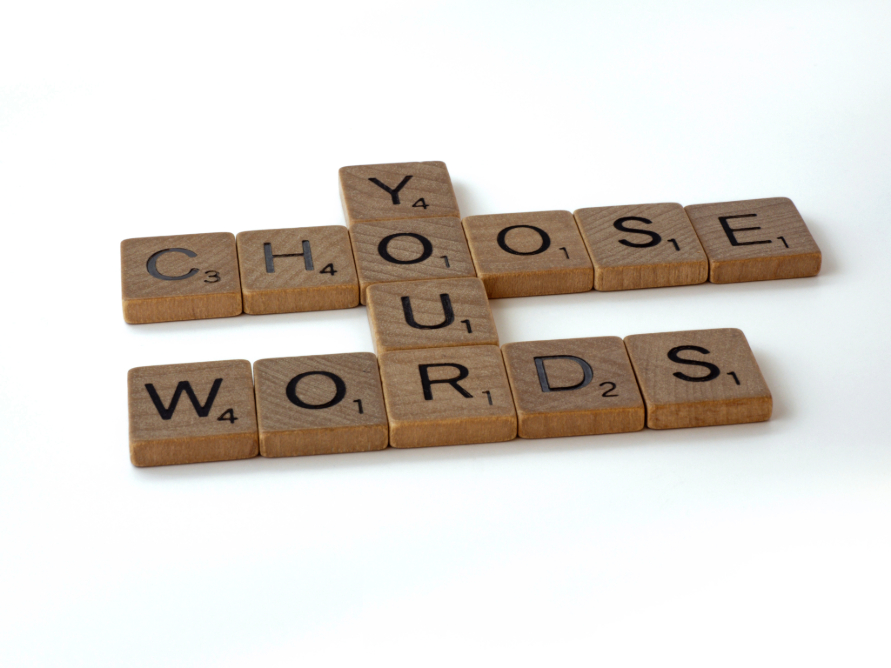Like many of you, I watched—with a mixture of intrigue and horror—the trial of Alex Murdaugh. Murdaugh, in case you missed it, was an attorney from a small town in South Carolina. His family has practically built that town. But his name became famous to you and me and everyone when he was accused of using his family’s connections to cover up a number of heinous crimes. Extortion, theft, even murder.
One of the most intriguing elements of the case was the difference between how Murdaugh acted in public and what came to light about his private life. The Murdaughs were, it seemed, good people doing good work. The reality, it turned out, was quite the opposite.
By the end, the evidence for Murdaugh’s crimes was overwhelming. So much so, in fact, that before the sentencing, I watched as the judge literally pleaded with Murdaugh to come clean:
I sit here in the courtroom and look around the portraits of other judges and court officials and reflect on the fact that over the past century, your family has been prosecuting people here in this courtroom and many have received the death penalty. Probably for lesser conduct. …
But amazingly [after all this evidence has piled up], to have you come and testify that [the day of these murders] was just another ordinary day – that “my wife and son and I” were just out and enjoying life. Not credible. Not believable. You can convince yourself about it but you have had the inability to convince anyone else about that.
You turned from lawyer to witness. And now, [you] have an opportunity to make your final appeal, as an ex-lawyer.
It’s almost … it’s really surprising. That you’re waiving this right— [choosing not to confess] at this time. If [that’s your choice], it’s on you. You’re not compelled to say anything. But you have the opportunity.
But Murdaugh refused. He just couldn’t give up the illusion of his polite and respectable demeanor—even though it was an obvious lie.
In some ways, Murdaugh’s trial provides a case study of how difficult it is to confess sin. While most of us will never have to confess a string of crimes as bad as Murdaugh’s, there will come a moment when we’re confronted with our sin and we’ll have to decide what to do.
And what we do when we are confronted with our sin is, according to Scripture, a matter of life and death.
A little less than a year after David’s horrible sin against Bathsheba, 2 Samuel 12 opens with God sending Nathan the prophet to David to confront him about what had happened.
Nathan begins by telling David a story (my paraphrase):
There were two men in a certain city, the one rich and the other poor. The rich man had very many flocks and herds, but the poor man had nothing but one little tiny lamb, which he had bought with his own money. And that little lamb grew up with him and his children, like a pet. It used to eat from their table and drink from his cup and lie in his arms, and it was like a daughter to him.
One night, this rich guy, who had more sheep than he knew what to do with, had some relatives stop in unexpectedly to visit and he wanted to serve them some dinner. But instead of using one of his many sheep, he went into his poor neighbor’s yard and stole that one little pet lamb, just because he could and no one had the power to stop him.
Scripture says David was angry toward the rich man. “He doesn’t deserve to live!” he bellowed.
Then follows the shortest, most powerful sermon ever given. Nathan says to David, “You are the man!”
With his own mouth, David had condemned himself to death. Rightly so. But as the story continues, we see David’s path toward repentance.
It begins with confrontation. Confrontation happens when something brings sin to light. In David’s case, it happened through Nathan, but it could happen through a rebuke from a friend or a teacher or a boss, through a message heard at church, or through the Holy Spirit.
And confrontation leads to confession. Confession isn’t just saying something out loud—though that’s a start. It includes (1) taking personal responsibility, (2) acknowledging that sin is first and foremost against God, (3) realizing that sin is at the core of who we are as humans, and (4) knowing that we offer nothing that can excuse or offset sin. If you really want to see these elements at work, read over Psalm 51. Nowhere does David excuse, minimize, or deflect his actions.
From confession, we find reassurance. After David repents, Nathan assures him that God has not taken his love from him, that he will not die, that he hasn’t been canceled, and that God still has a plan for him. This is a beautiful step, but only when it comes in the right order. (Reassurance without confession is deadly dangerous.)
Finally, comes restoration. Nathan tells David, “You will not die,” and though there will be life-altering consequences, God is not finished with him. His life is not over.
This is the path God wants to take us on—from confrontation to confession to reassurance to restoration. Don’t wait for the guilt inside you to eat you alive. Don’t wait until you’re “found out” by a friend. Reach out to someone today. Be honest. Start walking down the healing path of repentance.


